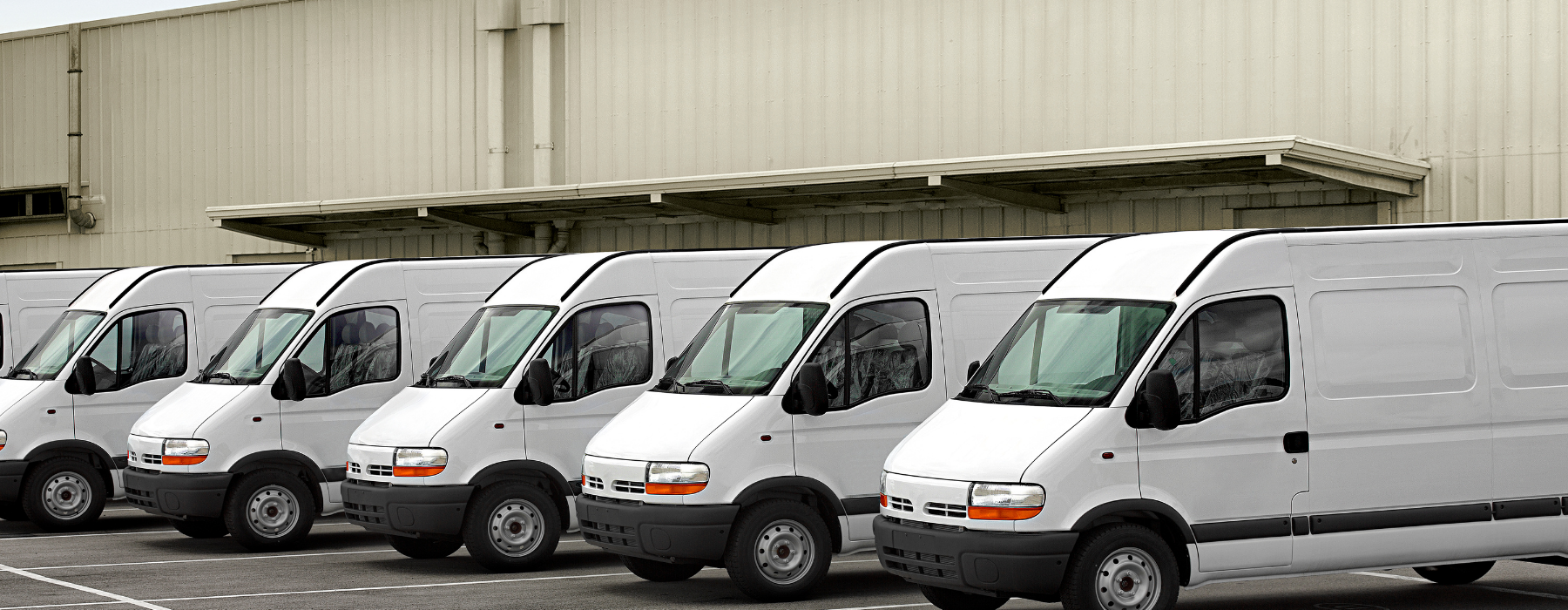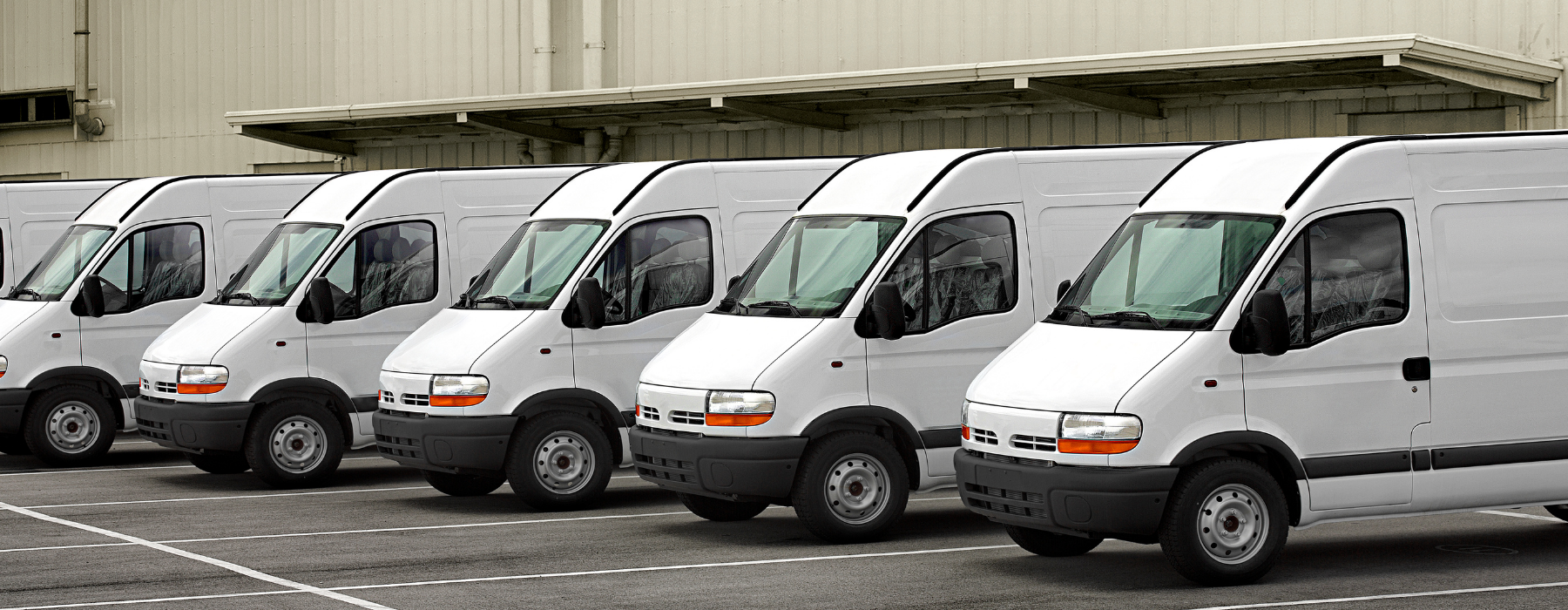Fleet vehicles are the lifeblood of many UK businesses. From SMEs with a handful of vans to major corporations managing thousands of cars, trucks and specialist vehicles, fleets keep goods moving, employees mobile and services running. The reliance on business transport is vast, yet it often goes unnoticed until something goes wrong.
This article explores the numbers behind business fleet use in the UK and why proper fleet insurance is essential.
Fleet Vehicles and the UK Economy
The UK fleet sector is enormous. Over half of all new cars registered in the UK are for business use, with fleets representing a multi-billion pound contribution to the economy. Estimates suggest that business fleets directly contribute around £100 billion annually through leasing, servicing, fuel and insurance.
For small businesses in particular, the fleet is often the backbone of operations. Research shows that over 70 percent of UK SMEs operate at least one commercial vehicle, whether for deliveries, customer visits or transporting tools and equipment.
Business Travel and Mileage
Business vehicles work harder than private ones. A typical company van covers more than 20,000 miles per year, while a business car averages 18,000 miles. Compare this with the national private average of just 7,400 miles and the difference is stark.
High mileage increases fuel costs, maintenance requirements and accident exposure. Data suggests that business drivers are 40 percent more likely to be involved in an accident than private motorists, making insurance cover a critical safeguard.
Rising Costs for Businesses
Operating a fleet is becoming increasingly expensive. Fuel remains one of the largest overheads, with diesel prices climbing by over 10 percent between 2022 and 2024. Maintenance and servicing costs have risen by 15 percent in the past three years, particularly as vehicles become more technologically advanced.
Business Fleet Insurance also plays a major role. For many SMEs, fleet premiums now account for up to 20 percent of annual vehicle operating costs.
Risk Management and Compliance
Businesses face more than just financial risk. Regulations around driver safety and compliance are strict. The Health and Safety Executive (HSE) reminds employers that driving for work is the most dangerous activity most employees do, and businesses have a legal duty of care to manage those risks.
Failure to have adequate insurance or to properly monitor drivers can lead not only to claims costs but also to fines and reputational damage.
The Shift to Sustainable Business Fleets
Sustainability targets are also reshaping business fleets. Over 60 percent of large UK businesses plan to transition to electric fleets by 2030, in line with government net-zero ambitions. However, EV fleet adoption brings challenges, including charging infrastructure, downtime and higher upfront costs.
Insurance for electric fleets can be up to 25 percent higher due to specialist parts and battery risks, underlining the importance of expert advice when arranging cover.
Sources
Society of Motor Manufacturers and Traders (SMMT)
Department for Transport (DfT)
Health and Safety Executive (HSE)



















